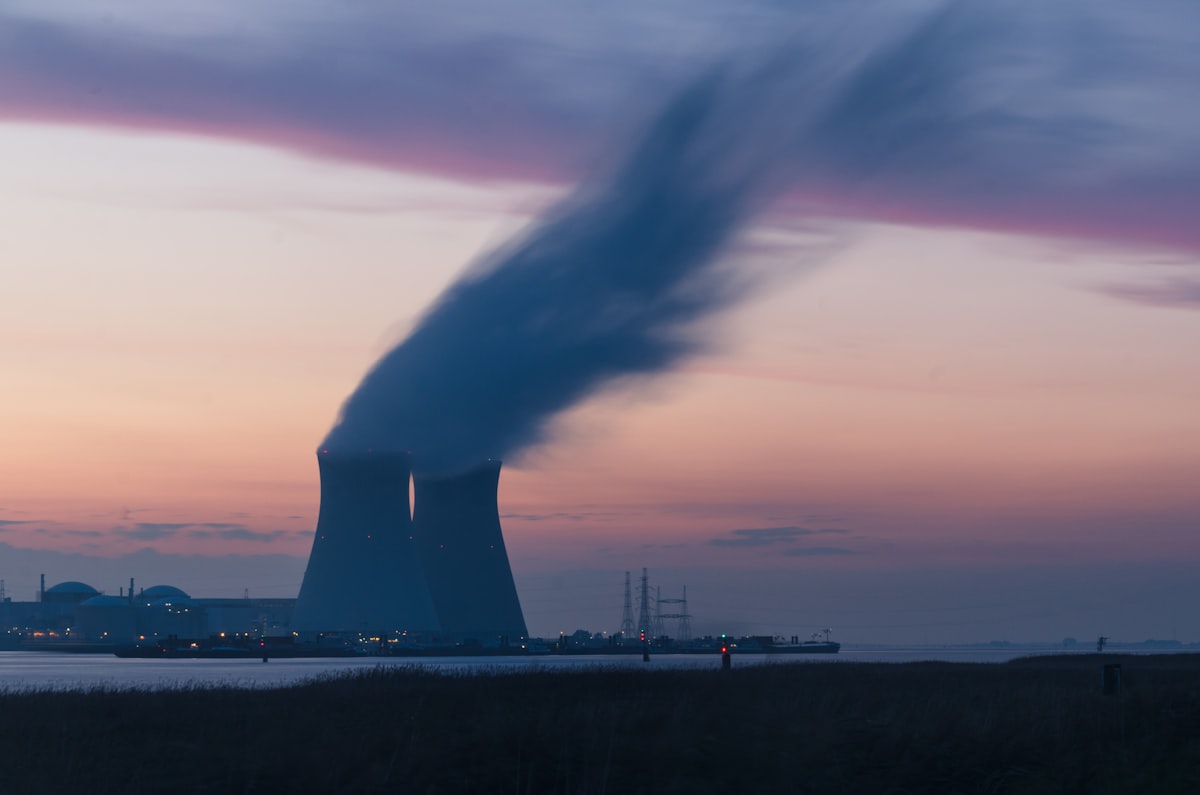Cheap energy

I sometimes think that we spend more time worrying online – or that social media algorithms push worrisome content more aggressively than other. Regardless of the urgency (and the perceived urgency), I think some problems that I see being discussed on my network are –
- fresh water isn't plentiful
- capturing carbon is essential to reverse climate change
- recycling materials is imperative
- shipping things across the world is not sustainable
- agriculture needs to be more efficient
- some jobs are too harmful for people to continue doing
All these problems that we face can be solved by two things – cheap energy and building more machines.
A 'hard'ware problem
Software was not cheap two decades ago. Smartphones changed that game. This included mining for batteries, large scale semiconductor manufacturing, advances in display technologies, and widespread adoption of new connectivity standards like 4G. All of these required an insane amount of innovation – and that too by more than one company.
Getting energy to be cheap is going to require similar innovation. One single company won't be able to do all of this together.
We are going to need massive solar power plants, smaller nuclear energy stations, pico hydro electric plants where it makes sense and more. Batteries would need to be recycled and new storage mediums will have to be designed. Not everything will be complex like the mining and supply chain of materials used in battery tech. For example - this company is using gravity to store energy and release it in bursts during peak hours.
So what stops us from getting there?
I think some of the climate change narratives have painted energy consumption in a poor light in the last couple of years. Everyone thinks of their energy usage as a problem and tries to optimize for that. The right thing to do would be to fix the sources of energy, and not cap our usage of it. That's the equivalent of telling a person facing poverty to spend less money on food, rather than help them figure out a way to make more money (this is an imperfect analogy – like all analogies).
Other than humanity's attitude towards energy consumption, I think government regulation is still trying to deal with short term shortages. 5 year election cycles have no room for long-termism. No easy way to fix it, other than reduce the amount of red tape so that industry can move at it's own pace – different than the governments.
I am sure you have realized if you have read till here that this post is more of a rant than a structured thought out article. I am hoping to read more about how we got here with energy, and how we should go ahead so that we become at least a Karadashev Type 1* civilization before I die 🌍
* A Type I civilization is usually defined as one that can harness all the energy that reaches its home planet from its parent star
